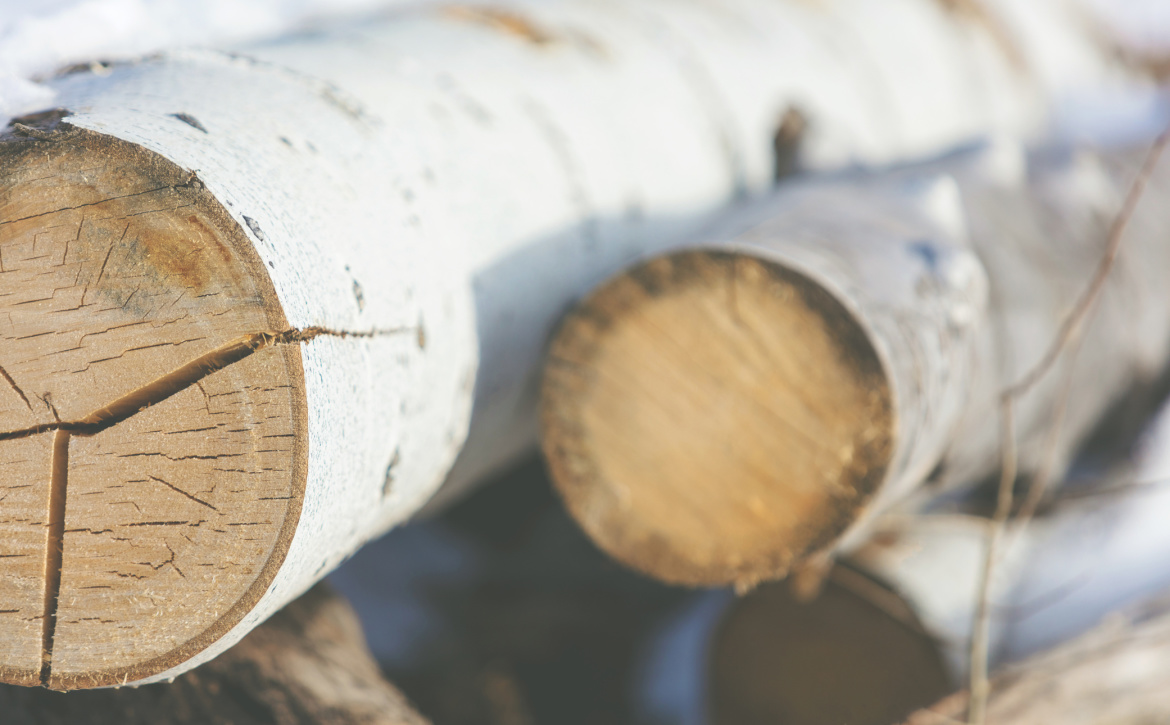From 30 November 2014, importers of wood or wood-derived products will need to undertake reasonable due diligence to ensure their import does not originate from illegally logged timber. The laws under the Illegal Logging Prohibition Act (2012) will affect products from toilet paper to prefabricated buildings.
The new requirements
The importation of products derived from illegally logged timber is already illegal. However, from 30 November 2014 importers of products that include a significant timber content will be required to have a written due diligence system in place that assesses whether the product was sourced from illegally logged timber. Timber is illegally logged when it is harvested in violation of the laws imposed where the timber was harvested.
This due diligence assessment is simpler for countries where there is a certification framework around harvested timber; or where the Australian Government has released guidance indicating exports from a particular country are low risk (Canada for example has such status). For timber sourced from South East Asia or South America the due diligence assessment is plagued with difficulty.
If the risk is found to be “not low” the importer must take steps to mitigate the risk, which may include not importing the product.
Issues for importers
Importers need to assess whether they import affected products. Importers of wood, wood pulp, paper/cardboard, cartons/boxes and furniture are most likely to be affected. Affected goods are determined by the customs classification. A customs advisor should be able to quickly review customs data on past imports and let an importer know if they will be affected.
Importers of a regulated product need a formal system in place to find out what type of timber was used and from where that timber originated. This will enable them to assess the risk that the timber was illegally harvested. For some products this will be easier, such as a hard wood table from the one timber source. Other products, such as fibreboard, may consist of many types of timber from multiple suppliers. Further, those suppliers are likely to be many steps removed from the Australian customer.
Even if you are able to locate the source of the timber, an assessment needs to be made as to whether it was harvested in compliance with local laws. This assessment is guided by the following factors:
- The prevalence of illegal harvesting in the area
- The prevalence of the specific tree species
- The prevalence of armed conflict in the area
- The complexity of the product
- Any other information an importer should reasonably know.
While not intended to be an onerous requirement, it is hard to see how conducting due diligence on many processed composite wood products will not pose extreme difficulties.
Issues for customs brokers
The new law requires a declaration of compliance with the due diligence requirements be included in the import declaration provided to the Australian Customs and Border Protection Service. Customs brokers who lodge the import declaration will not be directly liable if the statement is false or not included. However, brokers must be careful not to aid or abet an importer to breach the provision, or in any way either directly or knowingly, be concerned in a contravention of the requirements.
If a broker knows that an importer has not complied with the due diligence requirements and nevertheless facilitates the making of a false declaration, there is the potential for the broker to be liable.
Further, all customs brokers must inform the Australian Customs and Border Protection Service if they become aware that false, misleading or incomplete information has been provided by or on behalf of a client. The broker could be in a very difficult position where it knows that sufficient due diligence has not been undertaken. Alternatively, the broker may know from working with other importers that supplies from a particular supplier or a particular country are at a high risk of containing illegally logged timber.
What you need to do now
- The first and easiest step is to find out if you import affected products
- If you import regulated products, or will in the future, it is time to put in place a formal written due diligence system
- Using your due diligence system, you need to discover more about the type of timber used in your products and who supplies that timber
- Finally, you need to brush up on your knowledge of international logging laws. If this is not your area of expertise, contact lawyers or trade specialists with international connections who can advise you on the likelihood that the timber was illegally logged.





